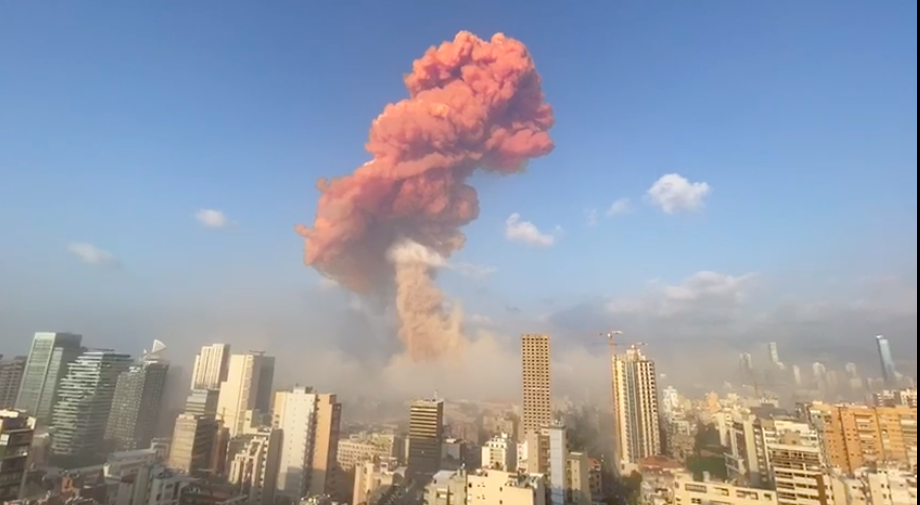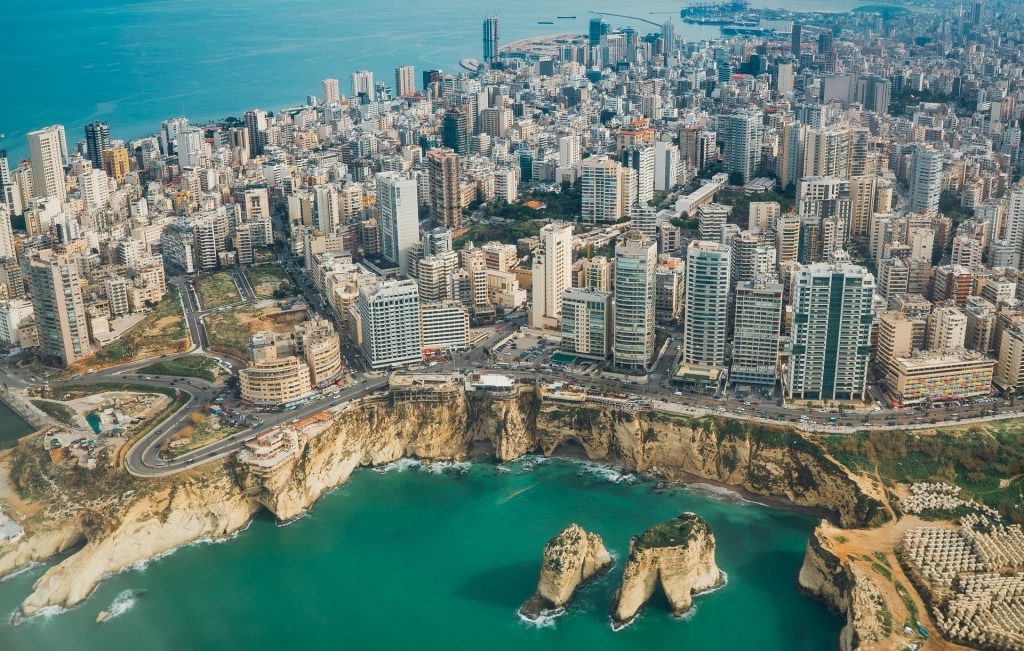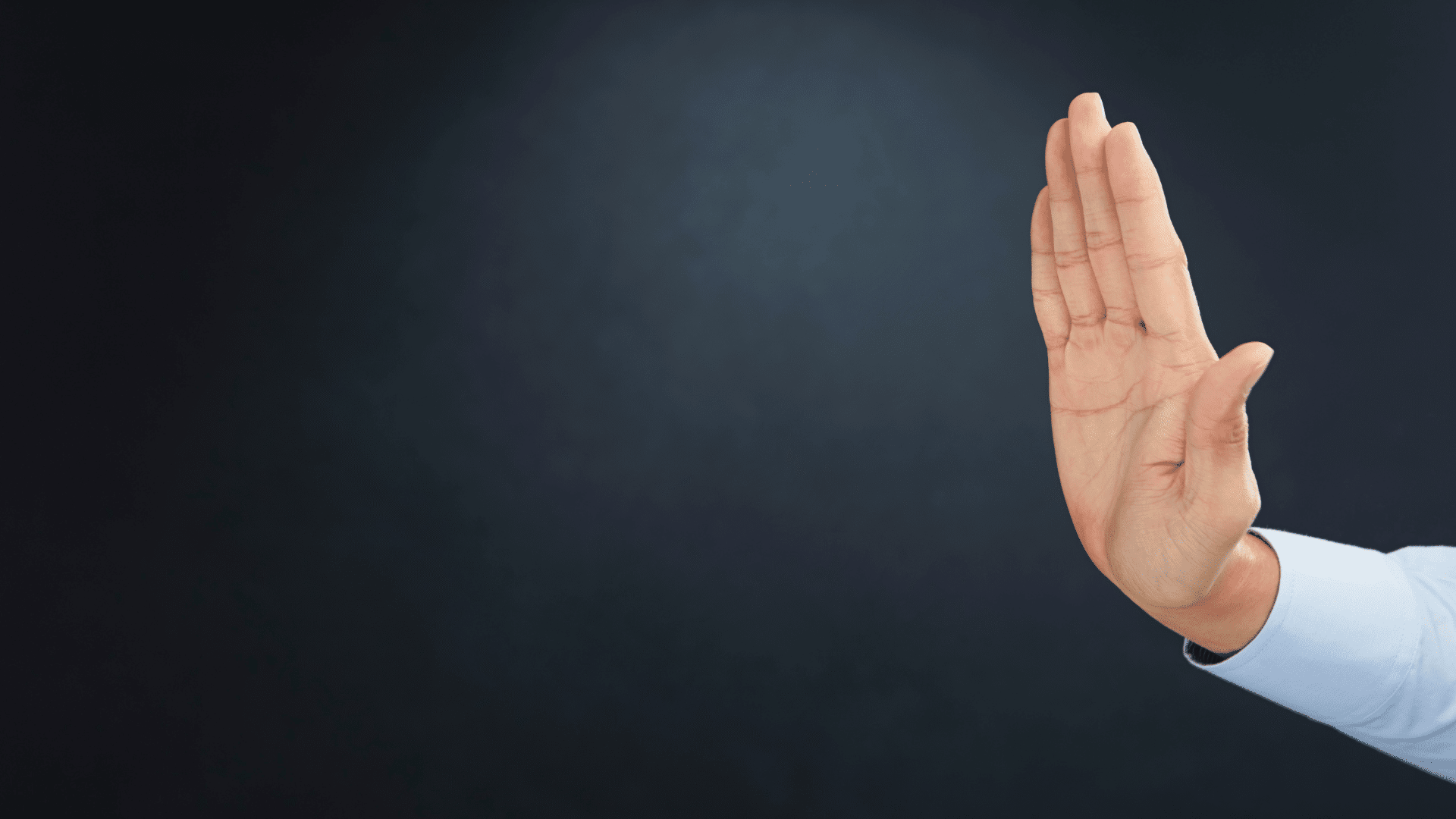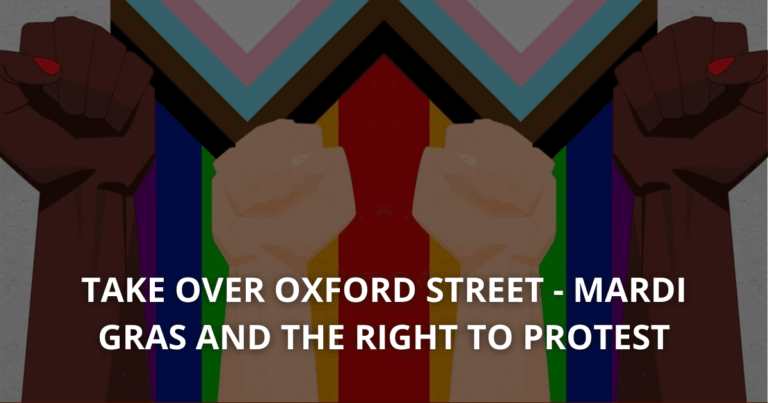Over 170 killed, hundreds injured and around 300,000 left homeless. The explosion rocked the entire country and has shone a light on the political and economic crisis the country is enduring.

Lebanon as it stands
“The past 30 years, Lebanon has had lots of difficulties,” Lebanese Australian and Member for Lakemba Jihad Dib tells us in an interview.
“There was a civil war, but then there was a long period of time in the nineties and early two-thousands where the country started to see some peace, and some resemblance of what normality might be.”
The country of Lebanon sits at the base of the Mediterranean Sea and attracts hundreds of thousands of visitors to its small country. “It’s only about the size of half of New South Wales,” Jihad states.
But the size of Lebanon doesn’t restrict the variety of geographical delights it has to offer. “You can actually swim in the Mediterranean, and still get up to the snow on the same day,” he says with delight.
Parts of the country are incredibly modern including the very cosmopolitan Beirut.
Jihad Dib emphasises the beauty of the people, as well as the land.
“Lebanese people love life. They enjoy life! They love going out whether it’s to cafes or walking along the Corniche (the seaside),” he says.

The political unrest
More recently, the country has seen a drastic economic downturn. Allegations of corruption within the government runs deep.
“In the last year alone there’s been a major upheaval in terms of inflation. The currency has completely devalued and people are out protesting out in the streets prior to COVID basically for the government to step down,” Jihad says.
The value of the Lebanese Lira has dropped dramatically and continues to do so. Basic services are hard to get a hold of and electricity was unstable.
“I’m talking about basic things like access to medical service, employment, things like food, electricity. The electricity would go on and off,” Jihad says.
Even those who had stable employment found themselves unable to afford basic services.
“If you wanted to buy goods, you have to pay in American dollars. But if you had a job, you were then paid in Lebanese Lira. And the Lebanese Lira was devaluing so quickly so basically you couldn’t buy anything.”
According to World Bank, there are roughly 1.2 million impoverished people in Lebanon – a country with a population of 6.85 million.
Roughly 22 per cent of that current population comprises of refugees from neighbouring Syria. As a result of the Syrian civil war, 1.5 million people sought refuge in Lebanon.
While the intake of a large number of refugees has an impact economically, Jihad explains that this is not the issue that protesters are taking a stand against.
“There’s no blame towards the Syrians. Lebanese people have always been very kind of heart and spirit, I think they were just seeing that life was very tough,” he says.
“When you’ve got people who can’t afford to buy loafs of bread, meat, employment, that’s where there’s a frustration that was building.”
And then there was the blast
Shortly after 6 pm last Tuesday, August 4, a colossal explosion sent a supersonic blast wave through the city of Beirut.
The blast created a 140m wide crater, and the shockwaves blew out the windows at Beirut International Airport 9km from the blast.
The government was quick to state that they’ll investigate the incident and hold to blame those responsible. However, there has been backlash.
“What’s interesting is the call for an independent investigation into the incident last Wednesday,” Jihab Dib told us.
“I thought [French President Emmanuel] Macron’s visit to Lebanon and the way he was greeted, I suppose, was just frustration. Like ‘look please somebody help us we need somebody we can trust’,” Jihad says.
The government’s response
Since October 2019, citizens have been calling for the resignation of the Government.
On Monday just gone, the entire cabinet resigned, leaving the Government in caretaker mode.
POWERFUL SCENES FROM BEIRUT!
— Isrum (@fuckthissystm) August 10, 2020
10000s of protestors took part in anti-government demonstrations in Beirut, Lebanon after the explosion. Following the demonstration, 9 MPs & 3 Ministers have resigned so far.
Protestors are demanding the resignation of Lebanese government. pic.twitter.com/7NJXTBN2P0
“It’s pretty big when a whole cabinet resigns,” Jihad says.
It’s unclear what will happen next however, Jihad says that the best thing would be for the government to be re-modelled but notes that would be a very big hill to climb.
“It’s a really interesting political model there. Unlike our democracy here where there is a government and an opposition, Lebanon has a power-sharing model and potentially that leads to sectarian issues,” he says.
How you can help
Lebanon is in need of aid, but many are warning against sending aid directly to the Government.
“People haven’t been coming forward and saying that they don’t necessarily want aid to go to the government, they want aid to go to the rebuilding or to the people and that points to be of a lack of trust,” Jihad Dib told us.
Make sure you look into who you’re giving money to before donating. Some common suggestions include the Lebanese Red Cross and Project HOPE.
“Lebanon managed properly and governed properly could do so much. I think a few years ago they had a million tourists in one summer. There’s old roman ruins, a real sense of beauty and history.”





